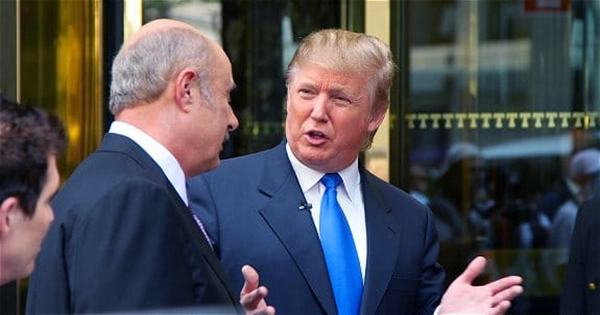A recent study found that the US president’s narcissism is correlated with longer-lasting wars. In total, the 11 least narcissistic presidents were at war for just 136 days, compared to an average of 613 days for the eight US Presidents who scored above average for narcissism.
John P. Harden, a political scientist at Ripon College and the study’s author, examined the amount of time each of the 19 US presidents between 1897 and 2009 spent at war. The Journal of Conflict Resolution published the results.
According to Harden, “more narcissistic presidents tend to only stop conflicts if they can claim victory and they would prolong hostilities to find a means to announce some type of win.”
Even if it means waging an unnecessary war, he continued, “They want to look heroic, strong, and capable.”
Harden examined a dataset from 2000 that included Big Five personality test results for US presidents. Then, he carefully looked at test elements connected to grandiose narcissism, including strong assertiveness, excitement-seeking conduct, low levels of modesty, and a propensity to disobey others.
According to the study, Lyndon Johnson had the highest narcissism rating, followed by Teddy Roosevelt, Richard Nixon, Franklin Roosevelt, and Bill Clinton.
Teddy Roosevelt was not in office during any significant wars, but it is noteworthy that Johnson and Nixon were in charge during the Vietnam War, which lasted from 1955 to 1975 and cost millions of lives. The Second World War began during Franklin Roosevelt’s presidency and ended not long after his passing. Clinton only spent 3% of his time in office fighting wars, but he had a high narcissism rating.
According to Harden, these presidents frequently engaged in protracted and expensive wars and frequently struggled to distinguish between their personal wants and those of the nation.
The presidents with the lowest narcissism scores were Calvin Coolidge, William Howard Taft, and William McKinley. Presidents like those mentioned by Harden “separated their personal interests from state interests, considered war as a last resort, and wanted fast exits,” according to Harden.
Harden observed that “narcissistic presidents spend more time worrying about their image than other presidents.” Ineffective tactics are also used by them due to their exaggerated belief in their own talents and the competing objectives that result from trying to preserve their self-image, the author continued.
They prolong battles beyond necessary due to these incentives, especially their desire to preserve their inflated sense of self.
















